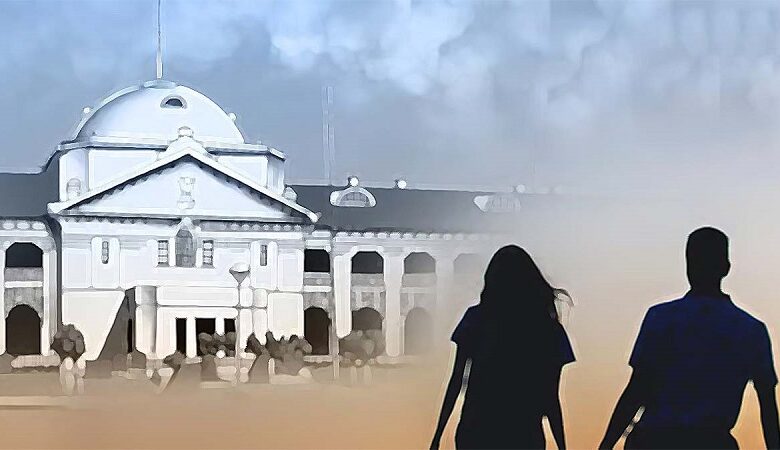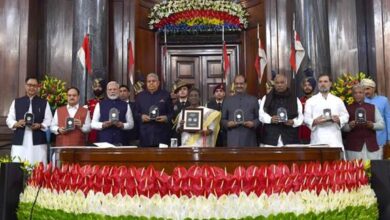Allahabad High Court Ruling on Muslim Live-in Relationships: Legal and Religious Implications

News Mania Desk / Agnibeena Ghosh/13th May 2024
The Allahabad High Court recently issued a significant ruling regarding the right to a live-in relationship, particularly concerning individuals practicing Islam. According to reports from Bar and Bench, a division bench comprising Justices Attau Rahman Masoodi and Ajai Kumar Srivastava addressed the complexities surrounding marriages governed by statutory and personal laws, as well as prevailing customs and usages.
The court emphasized the importance of considering both statutory provisions and customs in matters pertaining to marital relationships. It underscored that customs and usages hold legal significance and are recognized as valid laws within the framework of the Constitution. Therefore, any claim to the right to a live-in relationship must align with prevailing customs and usages, failing which it cannot receive unconditional support under Article 21 of the Constitution.
The context of the court’s ruling stemmed from a plea seeking to quash a kidnapping case against a man involved in a Hindu-Muslim relationship. The petition also sought a directive to refrain from interfering in the relationship of the couple. However, the court expressed reservations regarding the legitimacy of the live-in relationship, particularly in light of the man’s existing marital status.
The court explicitly stated, “A person reposing faith in Islam cannot claim any rights in the nature of a live-in-relationship, particularly when he has a living spouse.” This assertion underscores the importance of adhering to religious tenets and legal obligations, especially within the context of matrimonial relationships.
Further scrutiny revealed that the Muslim man involved in the case was already married to a Muslim woman and had a five-year-old daughter. While the man’s wife purportedly had no objections to his live-in relationship due to her health condition, subsequent developments raised additional concerns. It was disclosed that the man had given his wife a triple talaq, highlighting the complexities surrounding Islamic divorce practices.
In response to these revelations, the court directed the police to bring the man’s wife to court on April 29, emphasizing the need for her presence in the proceedings. Additionally, both the man and his live-in partner were instructed to be present during the court proceedings, further underscoring the gravity of the situation.
The court’s observations shed light on the inherent legal and religious implications of the case. It noted that the petition essentially sought to legitimize the live-in relationship between the Hindu woman and the Muslim man, despite the religious tenets prohibiting such arrangements during the subsistence of a marriage. This acknowledgment reflects the court’s commitment to upholding legal principles while respecting religious beliefs and customs.
The Allahabad High Court’s ruling underscores the intricate intersection of legal and religious considerations in matters of marital relationships and live-in arrangements. By recognizing the importance of both statutory provisions and customs, the court strives to uphold the integrity of the law while respecting diverse religious beliefs and practices.






